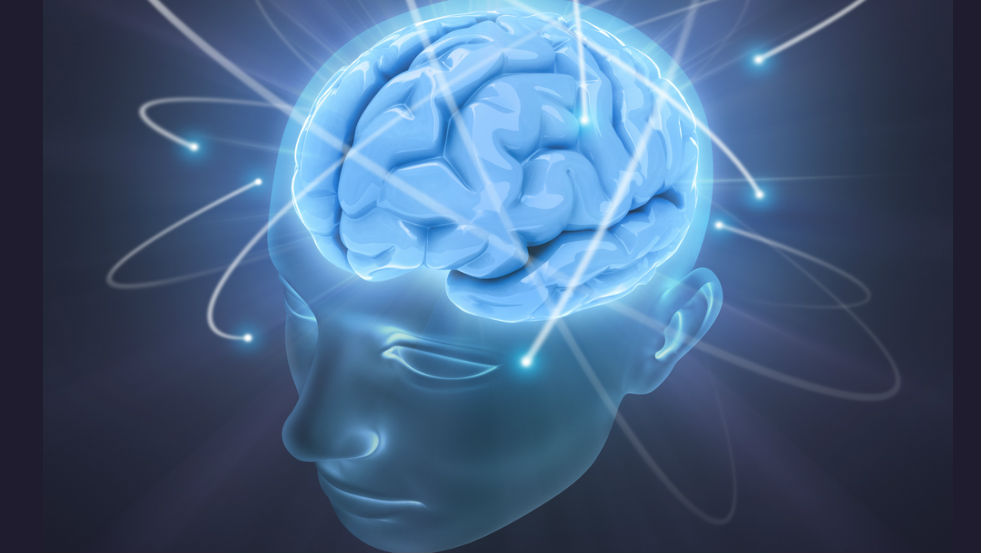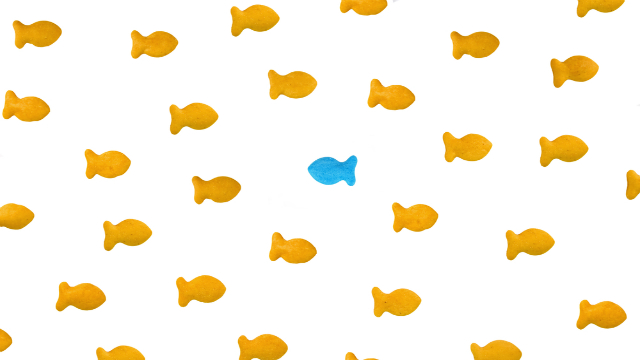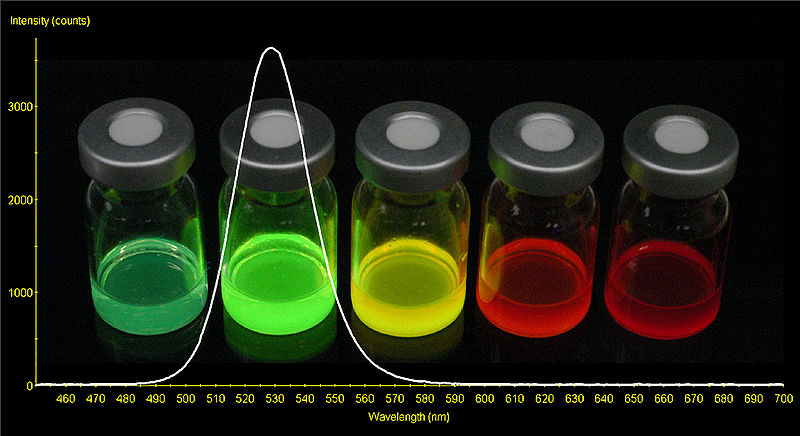bigthinkeditor

Read Write Web’s top stories about how the social web has helped us answer questions in 2011 includes the discovery of prehistoric earth-art and a photo archive of all species.
Facebook predicts that for the foreseeable future, the amount of information we share on the Web will double every year. Are we headed for an avalanche of daily trivialities?
Nine months into Syria’s uprising and the peaceful protests against the regime of Bashar Assad are now accompanied by a growing insurgency.
Will the conflict between intellectual property and the value of sharing knowledge be resolved?
Kim Jong-un’s youth means he’s likely to keep his head down for a few years while North Korea is run by elder statesmen. Stability is expected to ensue, which China will welcome.
Withdrawing the troops from Iran is about the only truly popular thing Obama has done in the last two years. But many still think the invasion was the right decision.
Europe is falling apart, and a frustrated international community appears unwilling to lend Beijing a hand. China’s problems are still manageable, but they require strong leadership.
Along with Nelson Mandela and Lech Walesa, the former Czech Republic president and leader of the Velvet Revolution was seen as an emblem of democracy for millions worldwide.
Scientists have found a fascinating pattern: children better at combining sights and sounds tend to score higher on intelligence tests. Ability to compute conflicting information is key.
Research shows that too few or too many adverse experiences generally leave people with worse coping skills than those who have had ‘the optimum’ number of bad times.
Freelance writer and editor Molly Oswaks on how first cocaine and later an ADD diagnosis and medication gave her clarity and attention consistency after a life mostly spent adrift.
A systematic review has shown that psychological interventions to prevent depression in children and adolescents have protective effects that last for up to a year.
A new procedure that involves inserting electrodes into the brain shows promise in reducing seizures for people with epilepsy, thereby improving their quality of life.
In a watershed moment for chimpanzee research, the US Institute of Medicine says “most current use of chimpanzees for biomedical research is unnecessary.”
A recent two-year trial of telehealth technology for monitoring people who are chronically ill found it works particularly well for people with conditions like diabetes and heart failure.
ABA, a time-intensive autism treatment called applied behavior analysis, has wide support and is now a profitable business. But the jury is still out on its effectiveness.
Christopher Hitchens and Steve Jobs were among the first patients to benefit from very new technology using DNA sequencing to pick the cancer drugs likely to be most effective.
Telling people how much exercise they’d need to do to burn up the calories in junk food is a much more effective deterrent than telling them the calorie count, researchers have found.
In a rut? Instead of changing what you do, try changing how you think about it, says Roger Martin, a strategic advisor to global businesses and Dean of the Rotman School of Management.
In his Floating University lecture, Dr. Nicholas Christakis explains why individual actions are inextricably linked to sociological pressures.
Whatever your traditions, the holidays are a time to drink egg nog lattes, reconnect with friends and family, struggle gracefully to keep calm, and look back on all you achieved […]
Instead of asking how digital technologies are transforming advocacy, is it more appropriate to ask how contemporary advocacy is transforming digital technologies?
A study has found that 48% of consumers feel overwhelmed by the relentless onslaught of new high-tech products. They also fear living in an ever- thickening cloud of radio waves.
The first QD televisions–like current flat-screen TVs, but with better color and ultra-thin displays–will be available in shops by the end of next year. And later, the roll-up version.
America’s anti-piracy bill, “OPEN”, is at least a useful starting point, unlike an earlier alternative, SOPA/PROTECT-IP, which was “blatant rent-seeking,” says Eric Goldman.
Assessing a momentous year for new technology, John Naughton says Twitter rules and BlackBerry crumbles, and warns politicians that silicone start-ups generate few local jobs.
As we count down to the New Year, Big Think is surveying the ideas that will have the greatest impact in 2012. This idea was suggested by Big Think Delphi Fellow […]
There’s a deep split in the European Union post the euro crisis summit. With Britain sidelined and other member states feeling steamrolled by Germany and France, what lies ahead?
It’s time for a constructive foreign policy debate, so let’s drop the appeasement nonsense and argue instead about democratic realism, which is what Obama is really practising.





























